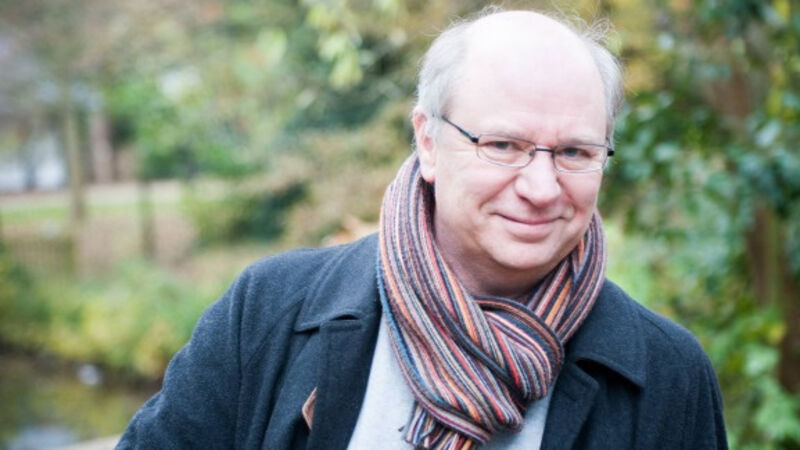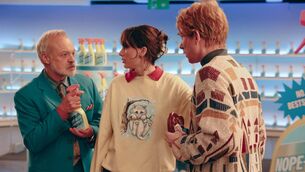Fine words to live by: Former OED editor to lead discussions at West Cork Literary Festival

John Simpson, former editor of the Oxford English Dictionary, will lead a discussion on the famous lexicon at West Cork Literary Festival, writes
ONE of the charming aspects about the history of the Oxford English Dictionary, which has been the go-to resource for the stories of words for over a century, is that the public played a handsome part in its original compilation.











